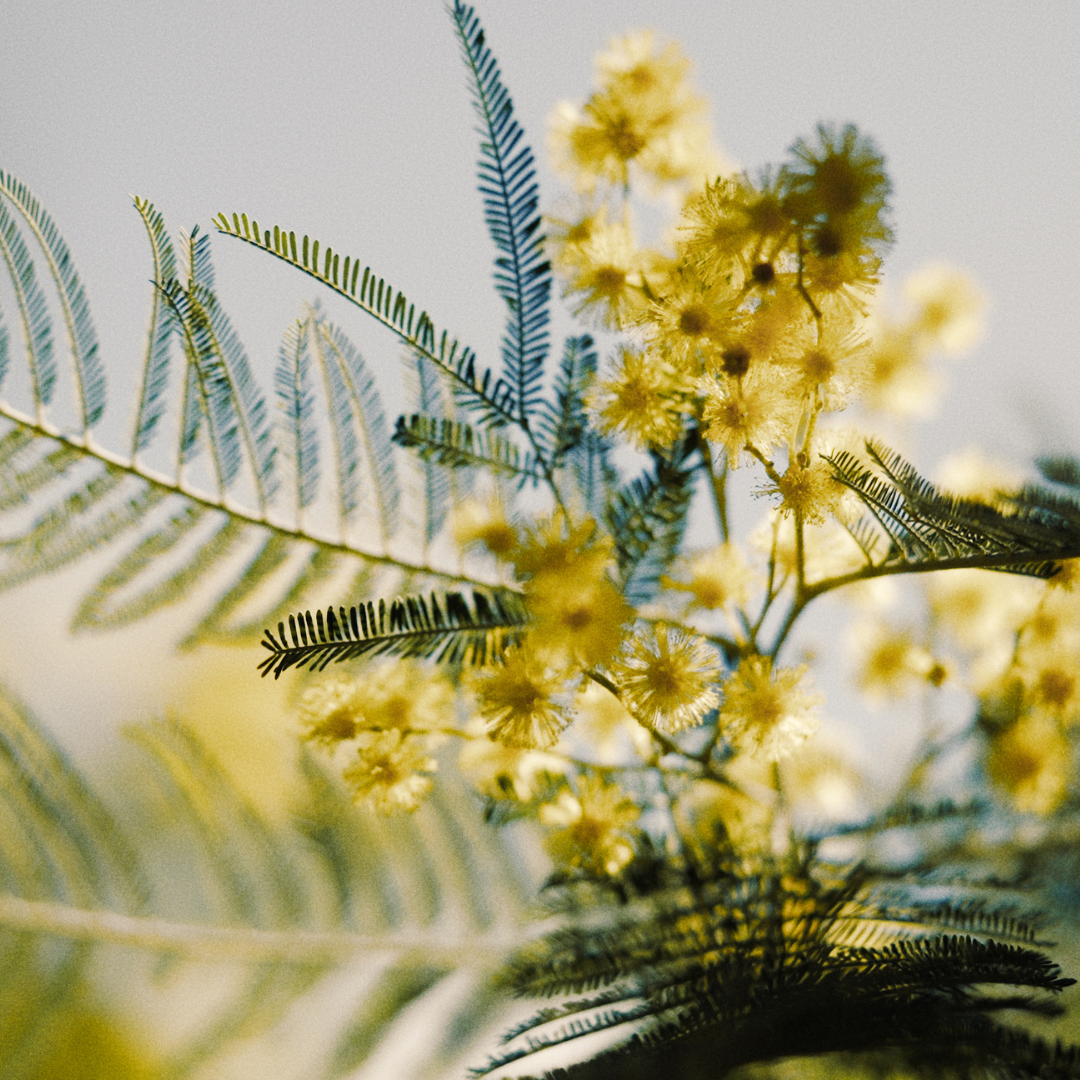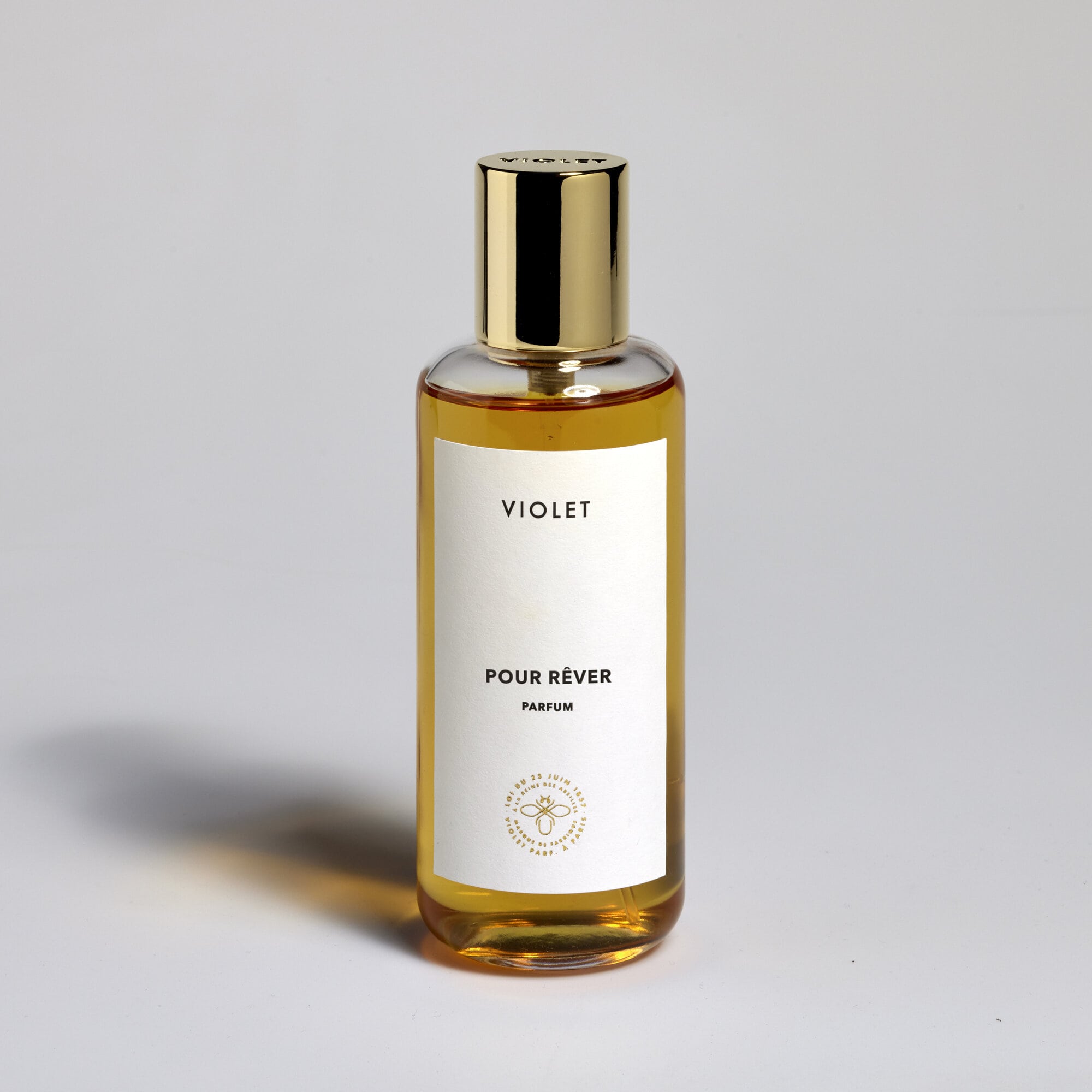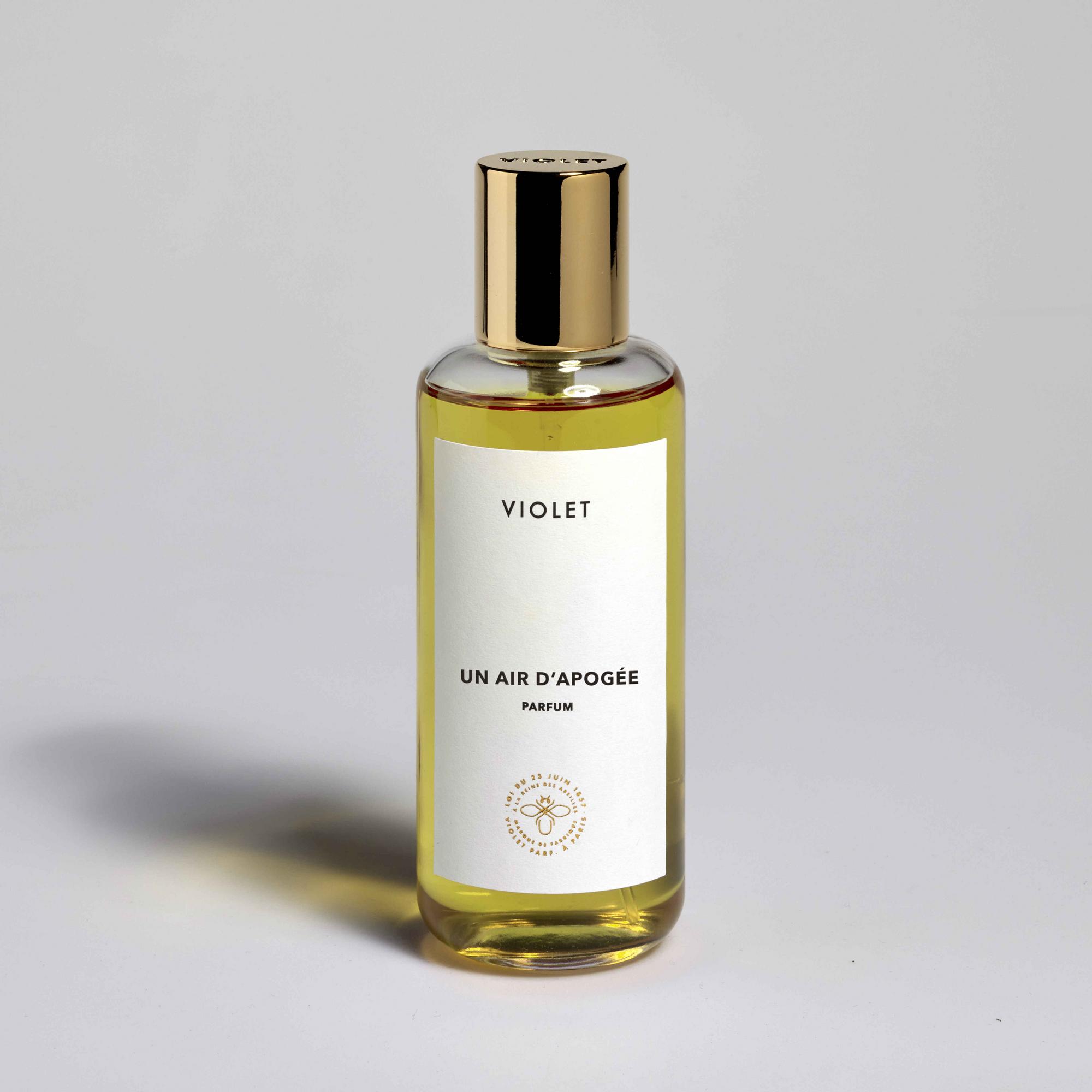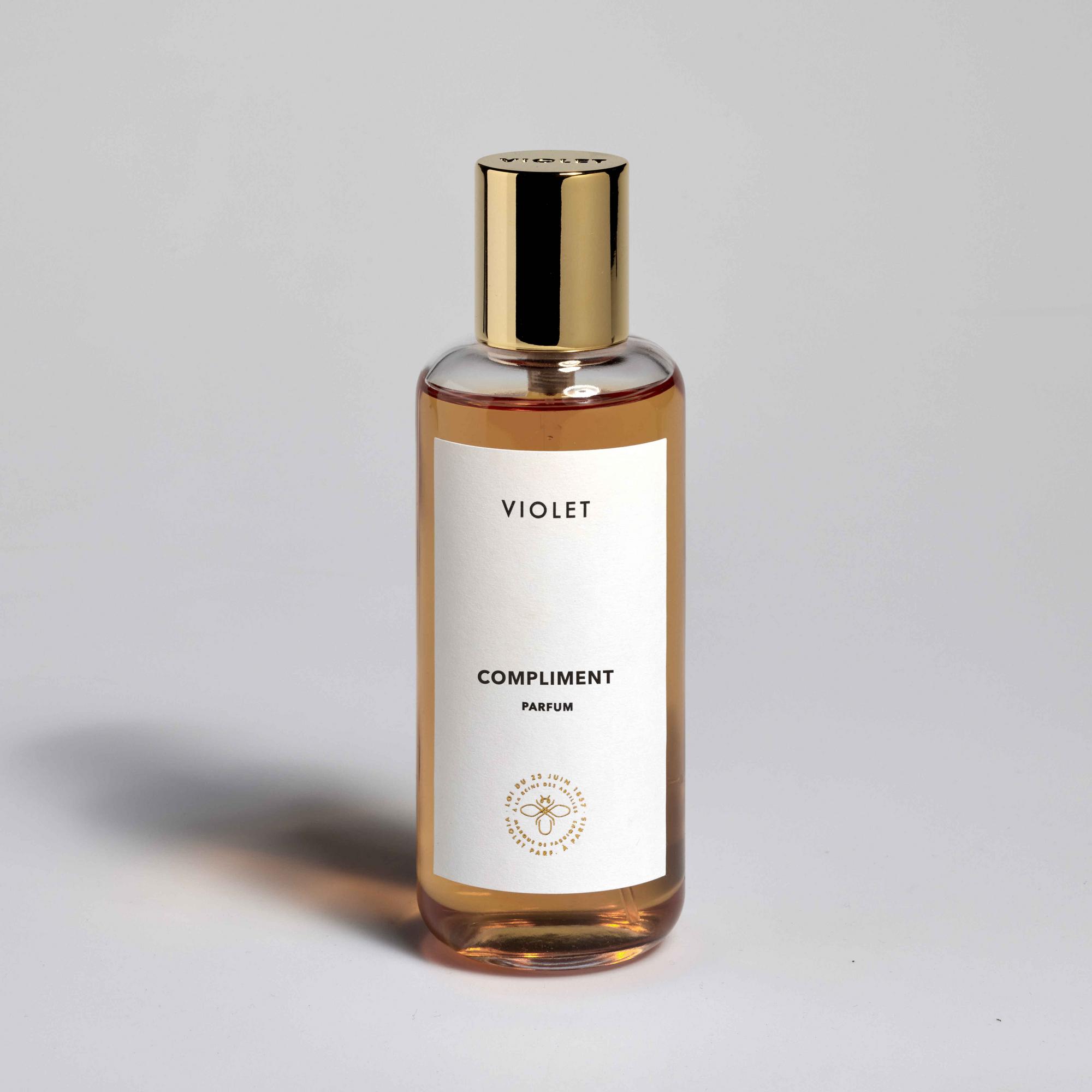Are we born nose?

One day, at the dawn of your fifth birthday, you run to see your legal representative in the kitchen and announce to him, without batting an eyelid, straight in the eyes: “Later, you will be a perfumer! With such a diction, your interlocutor seems, by the way, delighted that your choice did not stop at speech therapist. He then hands you a small glass container filled to the brim with cooking herbs and asks in the most serious way: “What does that smell like? If you answer him that day: "It's clary sage from the lamiaceae family, an aromatic plant that goes wonderfully with fish and meat, but also appreciated in masculine notes" then you are officially a god among ants. Otherwise, don't worry, you have a lifetime to acquire skills and knowledge.

Because yes, we must debunk the myth of the born perfumer. Be careful, there are indeed people with appetites and facilities for imagining the world of smells, and this, from an early age, but nothing will ever exceed experience and training. It is not for nothing that the star perfumers of large groups are on average around fifty. In perfumery, as in everything, work is the big secret.
Of course, you will hear, in the course of an interview, that, already very small, and before even knowing how to count, such and such a master-perfumer made blends in the back room of a pharmacy in Grasse. But what this maestro of scents deliberately omits to mention is the thousands of hours spent learning by heart, one by one, each of the raw materials that make up the olfactory palette of any good perfumer. Why so much mystery?
Because the hard work, the hundreds of failures, the entire evenings of self-questioning and self-doubt to achieve excellence in a field will always be less glamorous than the version of a child prodigy following his destiny.

There is not a competent perfumer who is not a workaholic. A convict who thinks morning, noon and night to create the next addictive olfactory note. For a conclusive agreement, you cannot imagine the number of attempts necessary. Moreover, it is not for nothing that we call this “trials”.
But the school of "hard work to become a perfumer" does not only have followers and among the ranks of its detractors we find no less than Germaine Cellier. This renowned autodidact believed that time and experience would never supplant innate creativity. We grant her that she is the illustration of her opinion since she, in her time, revolutionized the world of perfumery without any initial training. A divisive subject that refers to the famous conflict "the innate versus the acquired".

To the question: "Are we born nose?" We will answer at Violet: no, we become it. By working, day after day, deal after deal, trial after trial. We sometimes succeed, we often fail. We are proud of ourselves for a moment and we question ourselves the rest of the time. Everyone has the potential to become a perfumer if they combine these two qualities: will and curiosity. It is not birth that entirely defines us, despite all that we may hear. So, to your dips, you have your work cut out for you.






